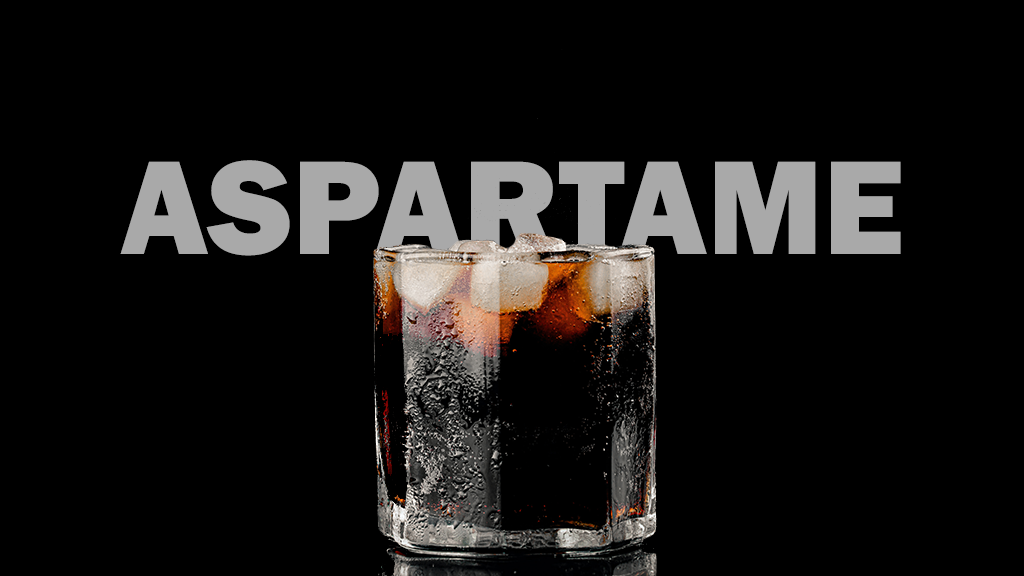Aspartame Hazard and Risk Assessment Results Revealed

July 14, 2023: The International Agency for Research on Cancer (IARC), the World Health Organization (WHO), and the Food and Agriculture Organization (FAO) Joint Expert Committee on Food Additives (JECFA) have released assessments regarding the health impacts of aspartame, a commonly used non-sugar sweetener found in various food and beverage products since the 1980s. These assessments aim to determine the risks associated with aspartame consumption, particularly its possible carcinogenicity or cancer-causing potential in humans.
Based on the available scientific evidence, the IARC classified aspartame as possibly carcinogenic to humans (IARC Group 2B), citing limited evidence for carcinogenicity in humans, specifically for hepatocellular carcinoma, a type of liver cancer. Additionally, limited evidence for cancer was observed in experimental animals, and limited evidence related to the possible mechanisms through which cancer may be caused.
On the other hand, JECFA concluded that the data reviewed did not provide sufficient reason to change the previously established acceptable daily intake (ADI) of 0–40 mg/kg body weight for aspartame. This means that consuming aspartame within this limit is considered safe for an individual. For instance, an adult weighing 70 kg would need to consume more than 9–14 cans of diet soft drinks containing 200 or 300 mg of aspartame per day to exceed the acceptable daily intake, assuming no other intake from other food sources.
It is important to note that IARC’s hazard identification is the initial step in understanding the potential carcinogenicity of a substance, focusing on identifying specific properties that may cause harm, such as cancer. The IARC classifications reflect the strength of scientific evidence regarding whether an agent can cause cancer in humans. Still, they do not indicate the risk of developing cancer at a particular exposure level. The Group 2B classification signifies limited, but not convincing, evidence for cancer in humans or convincing evidence for cancer in experimental animals, but not both.
While the assessments have indicated that safety concerns are not significant at commonly used doses, potential effects that need further investigation through more comprehensive studies have been described. Dr. Mary Schubauer-Berigan of the IARC Monographs program emphasized the need for additional research to refine our understanding of whether aspartame consumption poses a carcinogenic hazard.
JECFA, responsible for risk assessment, considers the probability of specific harm, such as cancer, occurring under certain conditions and levels of exposure. In JECFA’s evaluation, the evidence of an association between aspartame consumption and cancer in humans was not found to be convincing. However, they also stressed the importance of conducting better studies with longer follow-ups and repeated dietary questionnaires in existing cohorts. Randomized controlled trials are needed, including studies investigating mechanistic pathways relevant to insulin regulation, metabolic syndrome, and diabetes, particularly carcinogenicity.
The evaluations conducted by IARC and JECFA were based on scientific data obtained from various sources, including peer-reviewed papers, governmental reports, and studies conducted for regulatory purposes. Independent experts have reviewed these studies, and both committees have taken measures to ensure the independence and reliability of their evaluations.
Moving forward, IARC and WHO will continue to monitor new evidence and encourage independent research groups to conduct further studies on the potential association between aspartame exposure and its effects on consumer health



































